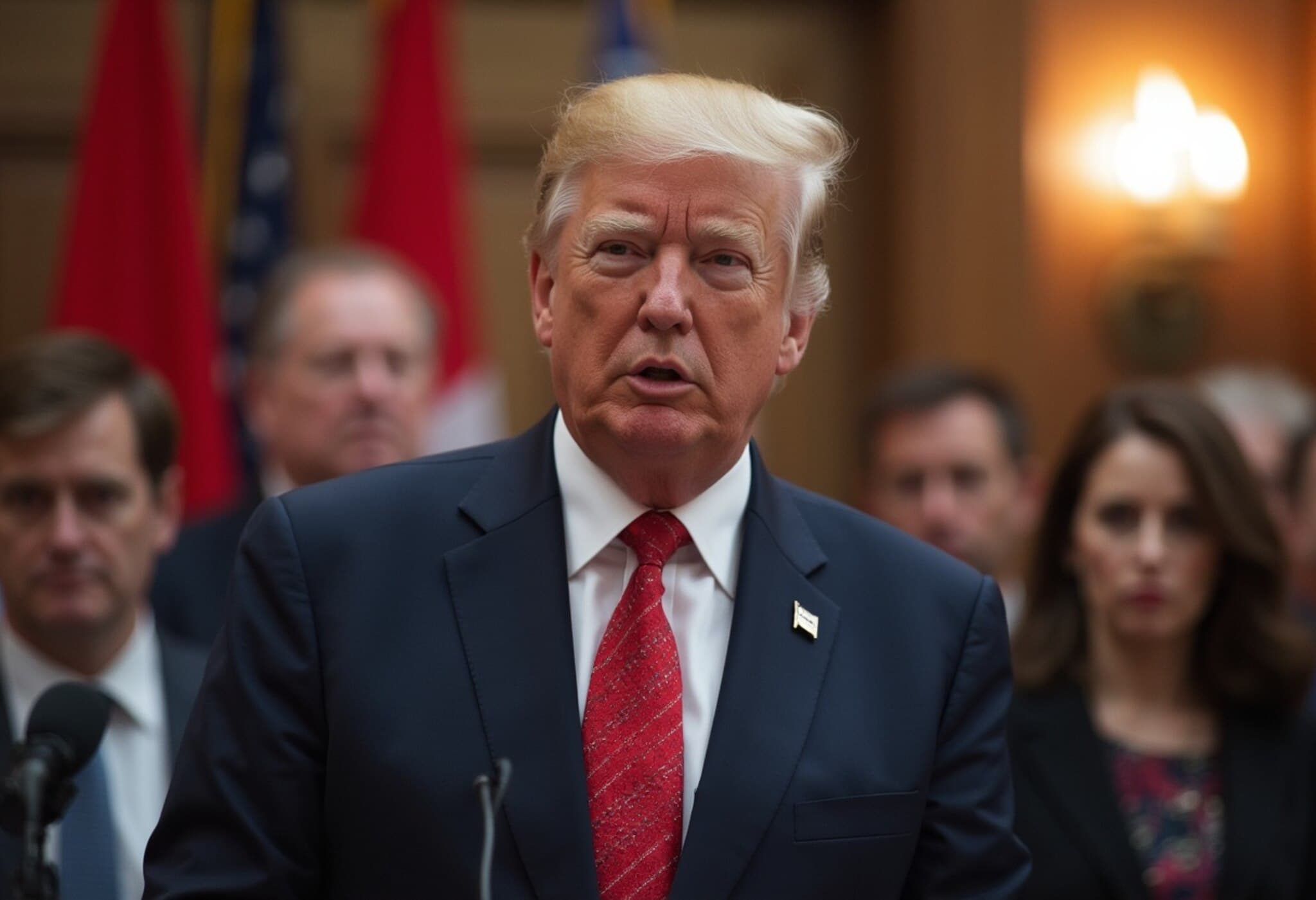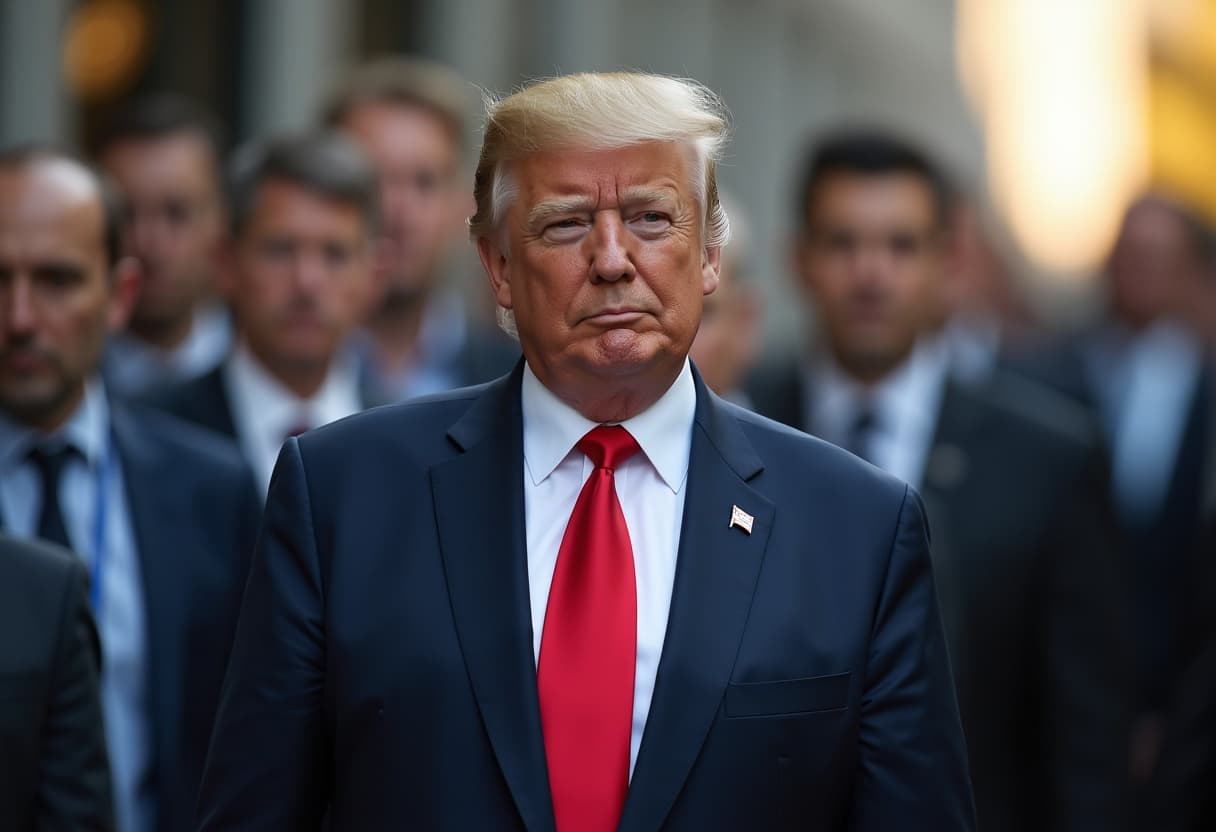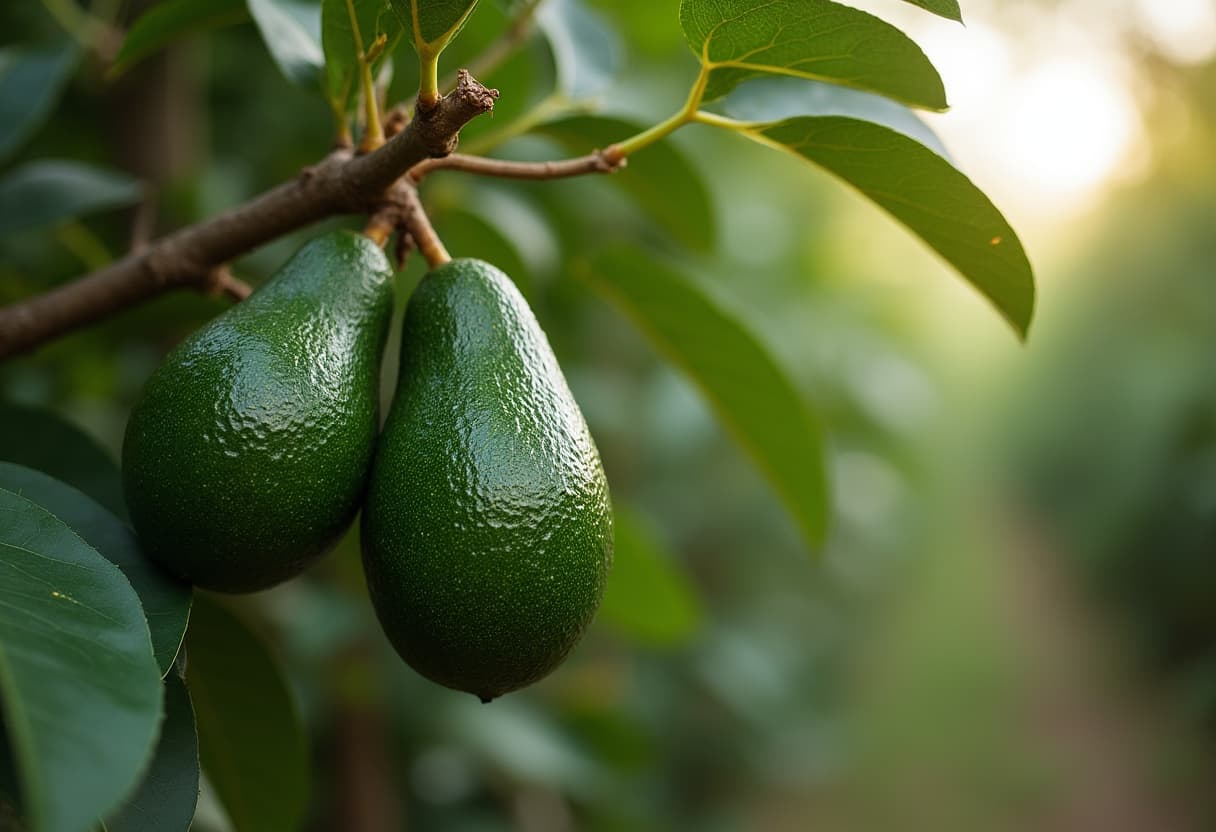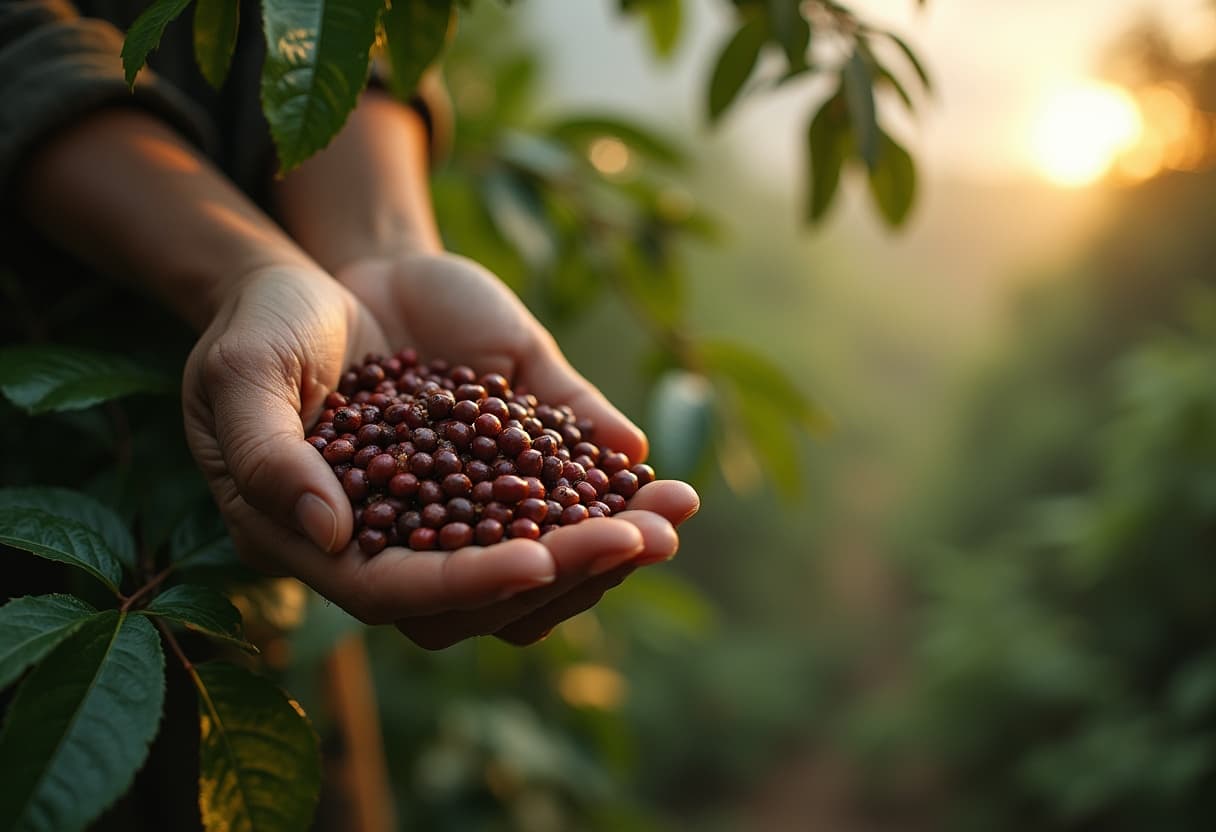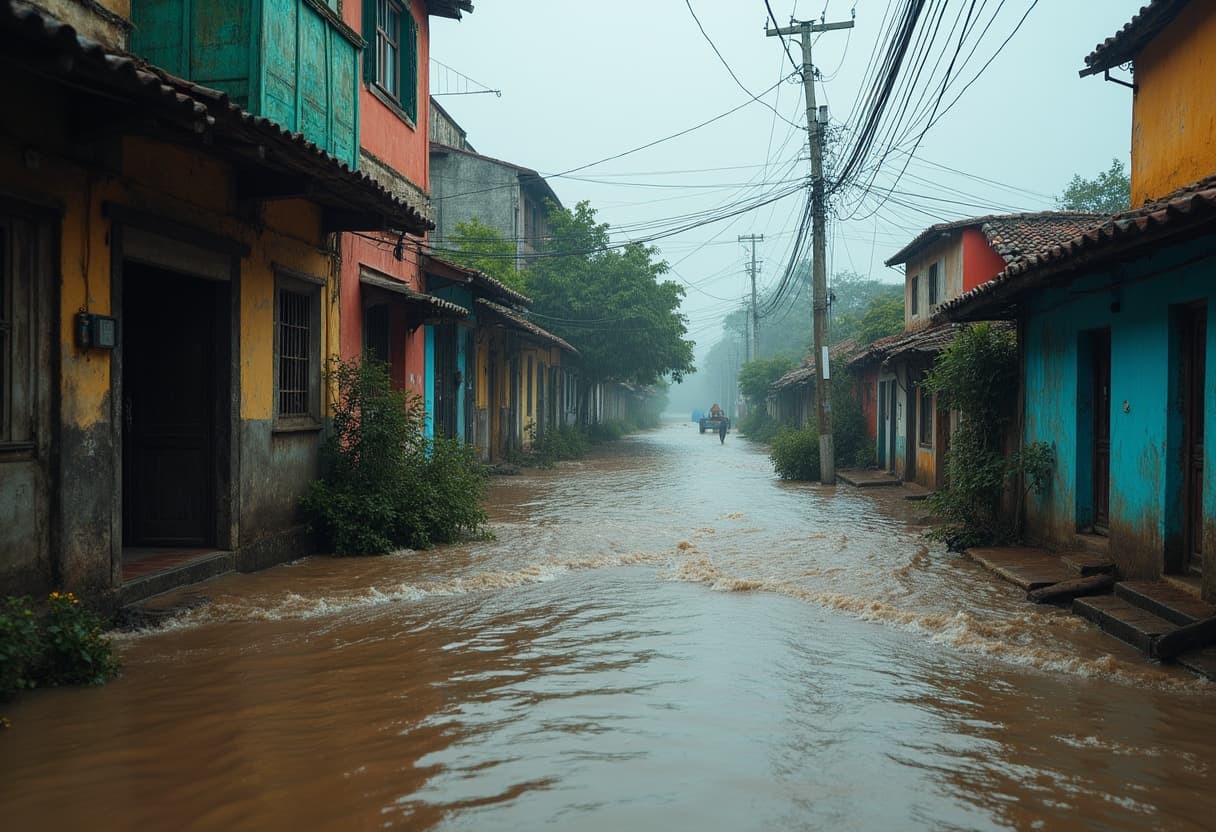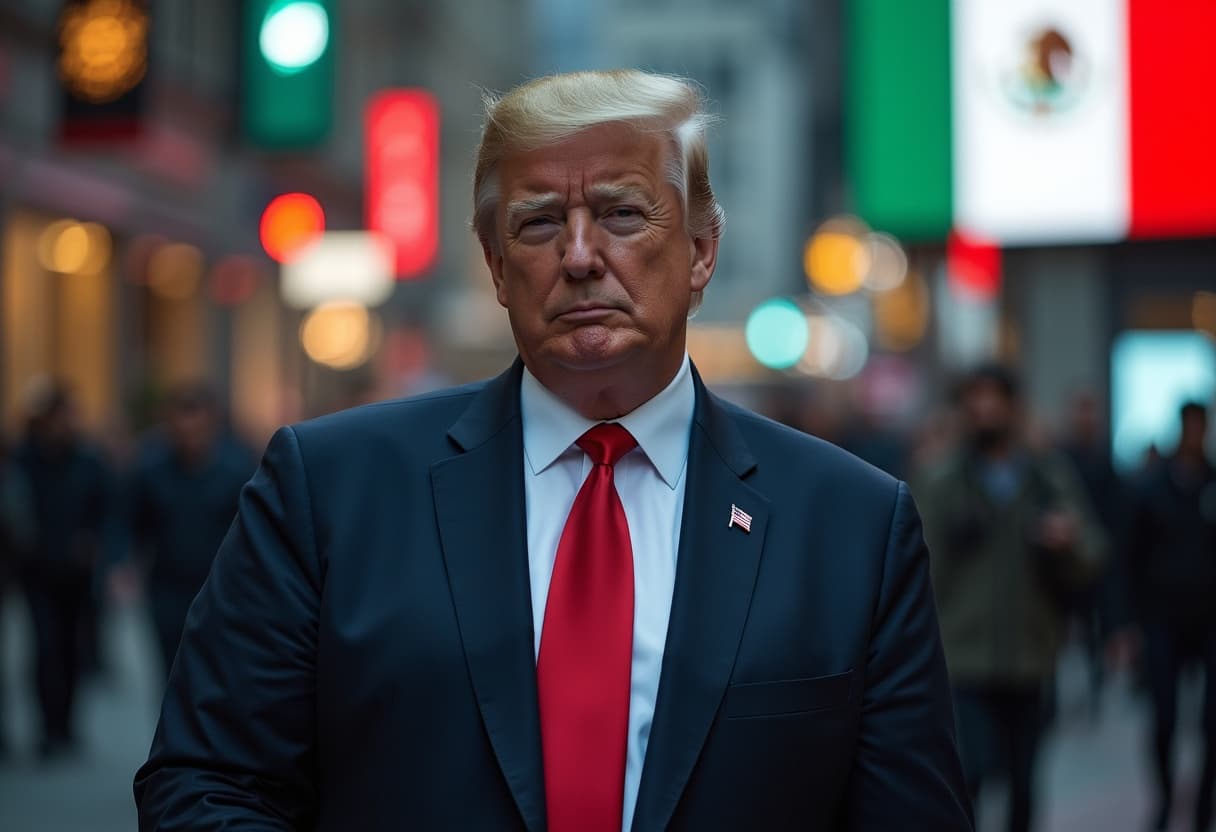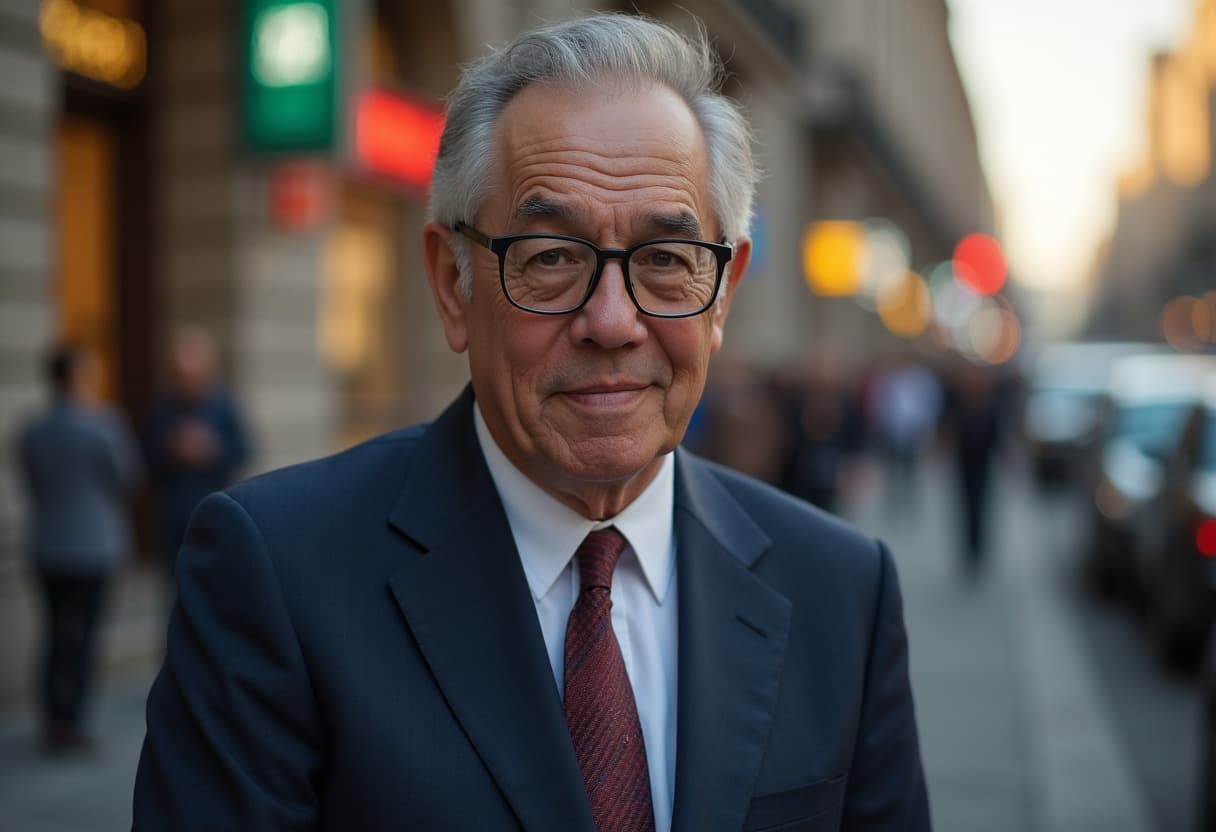The Avocado Boom and Its Impact on Mexican Forests
In the lush landscapes of Michoacán, Mexico, the avocado industry is thriving—but not without significant environmental and social costs. For decades, this region has been the primary source for avocados exported to the United States, feeding America’s insatiable appetite for the creamy fruit. However, beneath the surface lies a story of rapid deforestation, aquifer depletion, and violence driven by powerful cartels seeking a slice of this billion-dollar pie.
Deforestation Driven by US Demand
Thousands of acres of Mexico’s vital forests have been cleared at an alarming rate to make way for avocado orchards. This expansion, largely unchecked until recently, has endangered biodiversity and altered ecosystems critical to local communities and wildlife. Moreover, water resources are under extreme stress, with stolen water supplies and drained aquifers compounding environmental degradation.
“The demand from the U.S. market has created a gold rush mentality. It’s not just farmers expanding their orchards—it’s criminal groups exploiting the situation,” explains environmental analyst Elena Cruz. The lucrative nature of avocado cultivation has attracted cartels who extort growers, demanding protection fees under threat of violence and abductions, further destabilizing the region.
Market-Based Solutions: Certification to Halt Forest Loss
Traditional enforcement and conservation efforts have struggled to keep pace with both the scale of the deforestation and the criminal activity entangled with it. Now, a promising initiative is gaining momentum—using the market as a lever for change. A new certification program aims to identify and verify avocado orchards that adhere to sustainable practices, including a strict no-deforestation policy.
This program leverages near real-time satellite monitoring to provide authorities and buyers with data on where and when deforestation occurs. By linking certification to market access, particularly to the U.S., it creates a tangible financial incentive for producers to protect forests.
Guillermo Naranjo, a federal environmental inspector in Michoacán, emphasizes the novelty and potential of this approach: “We have never before been at a point where we can realistically stop deforestation linked to the avocado trade. This is a game-changer.”
How the Program Works
- Traceability: The origin of avocados is mapped and continuously monitored.
- Certification: Orchards complying with environmental standards receive certification confirming deforestation-free production.
- Market Access: Retailers and importers in the U.S. prioritize certified, sustainable avocados, influencing growers to comply.
- Enforcement Support: Alerts enable quick response by authorities to illegal deforestation activities.
Implications for US-Mexico Trade and Environmental Policy
This initiative aligns with broader U.S. commitments to sustainable sourcing under its climate and trade policies, signaling a new era where consumer demand goes hand-in-hand with environmental accountability. For American buyers, it provides reassurance that their favorite guacamole won’t come at the expense of endangered forests or exploited communities.
However, challenges remain. Experts warn that without robust support for smallholder farmers and effective law enforcement against cartels, certification programs alone won’t solve the systemic issues driving deforestation and violence.
Looking Forward: A Test Case for Sustainable Agriculture
The avocado industry in Michoacán emerges as a crucial test case for how market forces, technology, and policy can converge to address environmental and social crises in commodity supply chains. If successful, this model could be replicated for other high-demand crops linked to deforestation worldwide.
Expert Commentary
Dr. Maria Gonzalez, an expert in Latin American environmental policy, notes: “This certification effort is pioneering because it connects on-the-ground environmental protection with international trade dynamics. It offers hope that economic incentives can drive sustainable practices in regions where enforcement traditionally falls short.”
Conclusion: A Crossroads for Mexico’s Avocado Industry
As the avocado industry confronts mounting pressure from environmental advocates, local communities, and international buyers, its future depends on making sustainable choices now. The stakes extend beyond trade figures—this is about preserving Mexico’s rich natural heritage and protecting vulnerable populations intertwined with this global commodity.





